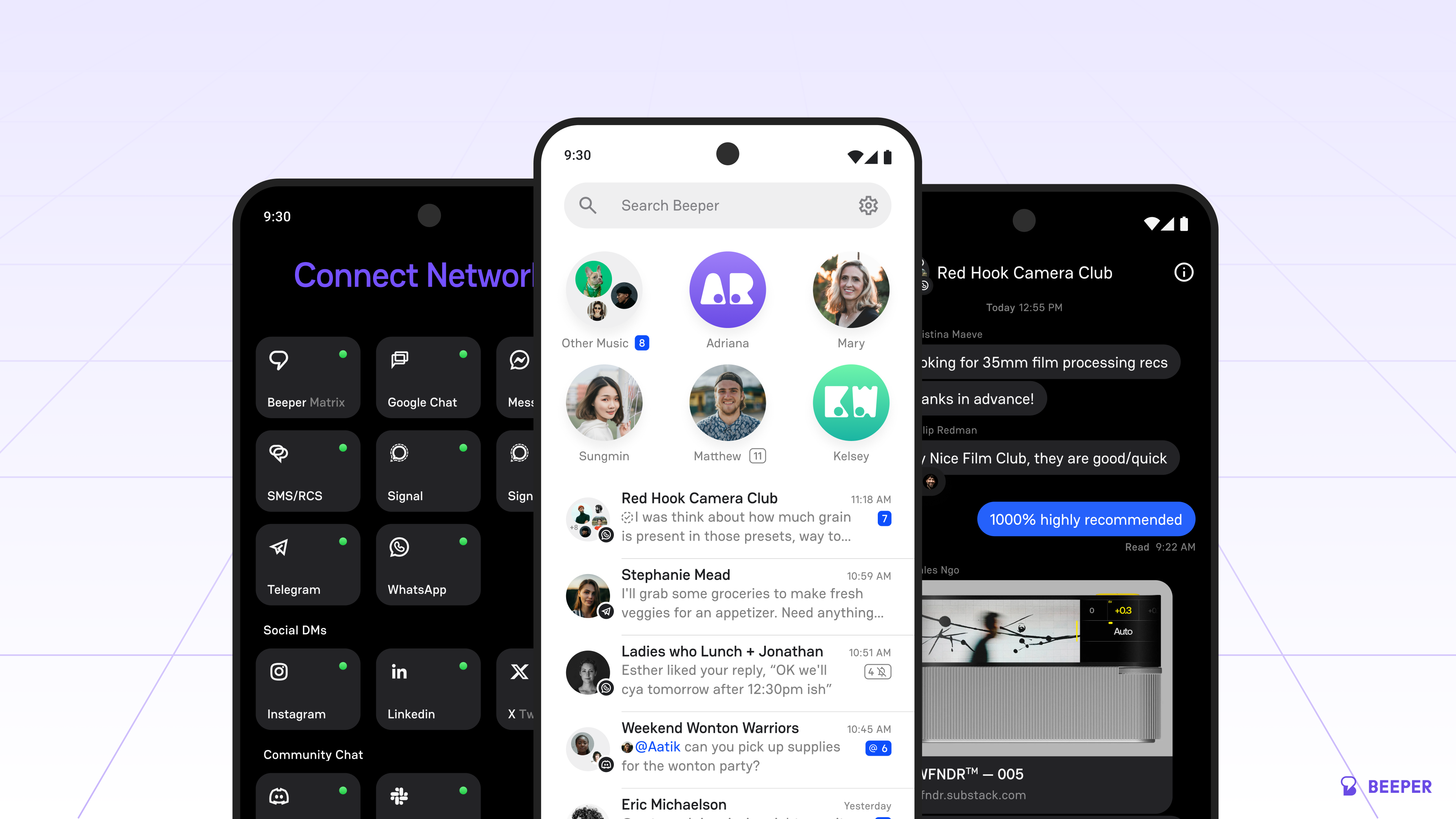

Philips Hue have the ability to work without internet and it seems like a lot of people like them, though they are kind of expensive. I’ve used Sengled bulbs before and they were fine, not sure how well they work without internet. But I think for you the problem isn’t the bulbs reliance on the internet, they just seem very forgetful. For both Hue and Sengled, when the power comes back on after being out, they just start working again on their own after about a minute. No need to reset anything.
The main non-techy issue even for locally controllable smart things is that the big voice assistants are all entirely internet dependent. So even though Hue bulbs are technically controllable locally if your internet is out, Alexa and Google Home both won’t be able to do anything with them.



Juno was mad, he knew he’d been had